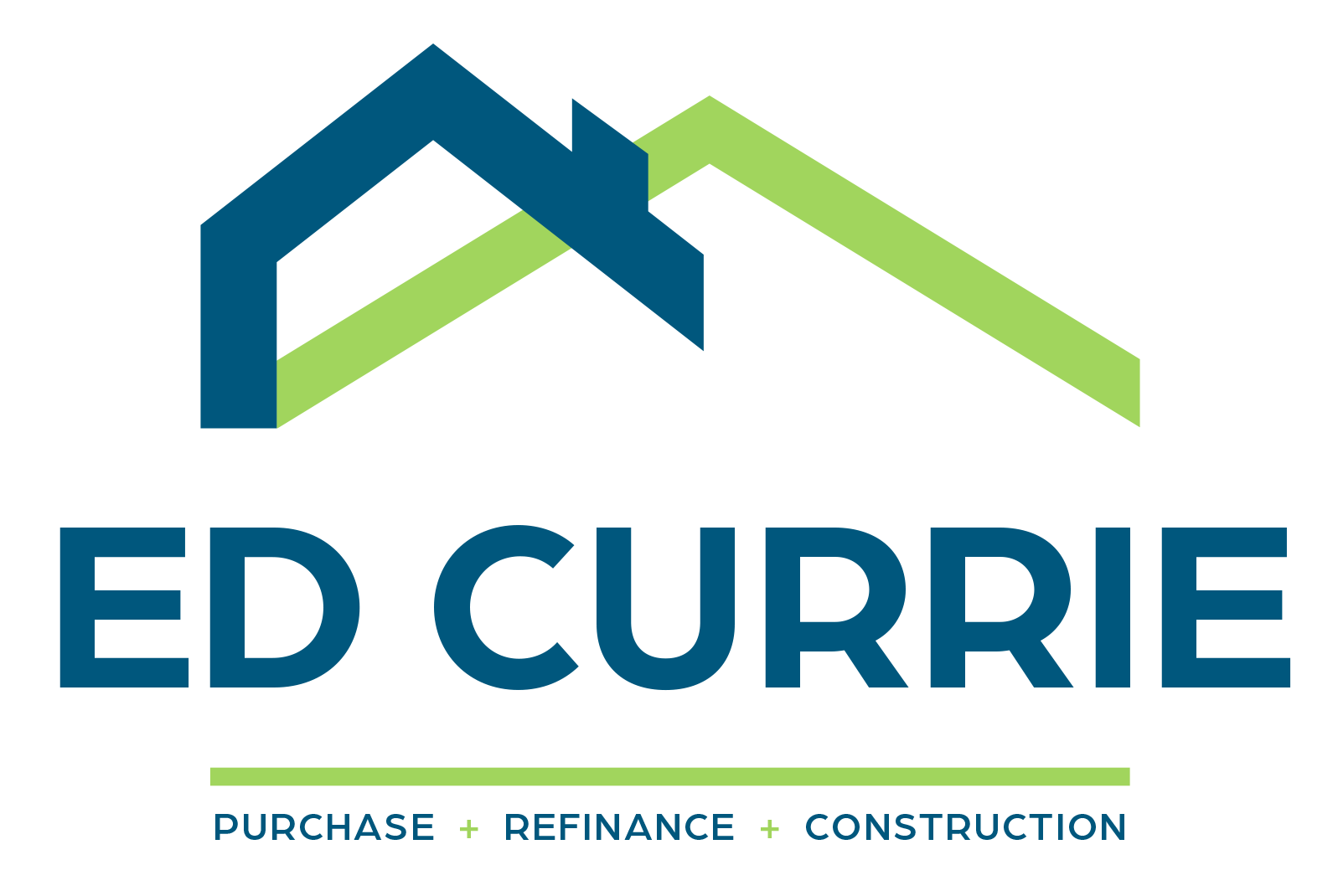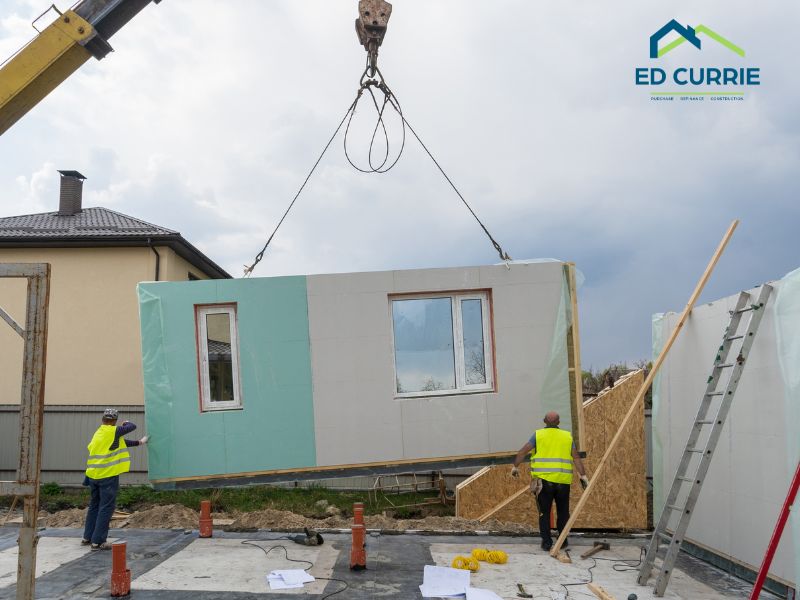
Artificial Intelligence (AI) is making significant waves across industries, and the residential construction sector is no exception. From design and planning to safety and sustainability, AI is reshaping how homes are built, maintained, and managed. This advanced technology enhances efficiency, reduces costs, and improves safety, ultimately pushing the construction industry toward smarter, more sustainable practices.
1. AI in Design and Planning
One of the most significant impacts of AI in residential construction lies in the design and planning phase. AI-powered tools can analyze vast amounts of data to create optimized designs that meet specific criteria, such as budget, space usage, and aesthetic preferences. These systems allow developers to generate multiple design options quickly, making it easier to choose the most effective solution for any given project.
Additionally, AI improves site analysis by evaluating factors like soil quality, topography, and environmental impact. This data-driven approach ensures that informed decisions are made regarding site selection and preparation, which leads to more efficient and sustainable construction methods.
2. Predictive Analytics in Project Management
AI-driven predictive analytics is transforming project management in residential construction. By examining historical data and current project conditions, AI can forecast potential delays and risks before they become major issues. This predictive ability allows project managers to address challenges proactively, which enhances project timelines and keeps costs under control.
AI also helps in resource allocation, predicting the labor and materials needed to complete each phase of the project. This minimizes waste, optimizes resource use, and ensures that materials are available when required, boosting overall efficiency.
3. Enhancing Safety in Construction
Safety is a major concern in the construction industry, and AI is making sites safer. AI-powered drones and robots can monitor construction sites in real time, identifying potential hazards and ensuring compliance with safety standards. These technologies can inspect hard-to-reach areas, reducing the need for human workers to enter dangerous zones.
Additionally, AI-based wearables can track workers’ vital signs and monitor their safety conditions. These devices can detect fatigue, overheating, or other risks and alert supervisors before accidents occur, creating a safer work environment.
4. Robotics Streamlining Construction Processes
AI-powered robotics are revolutionizing labor-intensive tasks such as bricklaying and welding. These robots perform repetitive tasks with precision and efficiency, cutting down the time and cost involved in manual labor. For example, robots can lay bricks faster and more accurately than humans, speeding up the construction timeline while maintaining high-quality standards.
AI-driven 3D printing is another groundbreaking technology, allowing for the construction of building components—or even entire homes—layer by layer. This method is cost-effective, reduces waste, and can significantly accelerate the building process.
5. Improving Quality Control and Maintenance
AI plays a crucial role in enhancing quality control during residential construction projects. Real-time monitoring through AI-powered cameras and sensors helps detect defects or inconsistencies early in the process. This proactive approach reduces the likelihood of costly rework and ensures that the construction maintains a high standard of quality.
Even after construction is complete, AI continues to provide benefits. AI-powered systems can predict maintenance needs, optimize energy usage, and monitor building performance. Smart home technologies allow homeowners to automate lighting, heating, and security systems, improving both comfort and energy efficiency.
6. Promoting Sustainable Construction
Sustainability is becoming a core focus in residential construction, and AI is helping to lead the charge toward greener practices. AI can optimize designs for energy efficiency, reduce waste, and recommend sustainable materials. By analyzing data on materials, energy consumption, and environmental impact, AI helps developers make eco-friendly choices that lower the carbon footprint of new homes.
Additionally, AI-driven predictive maintenance extends the lifespan of buildings by anticipating maintenance needs before they become major problems, reducing the amount of waste generated and ensuring buildings remain functional for longer periods.
Conclusion
The integration of AI in residential construction is revolutionizing the industry, offering significant benefits in terms of cost savings, efficiency, safety, and sustainability. From the design and planning stages to construction and ongoing maintenance, AI is enhancing every aspect of the building process. As technology evolves, AI’s role in residential construction will likely grow, shaping a future of smarter, safer, and more sustainable homes. Embracing AI not only addresses current challenges but sets the stage for innovative and resilient advancements in the housing industry.



![EdCurrie_Logo White[Transparent] EdCurrie_Logo White[Transparent]](https://edcurrie.com/wp-content/uploads/elementor/thumbs/EdCurrie_Logo-WhiteTransparent-qybu3sjgpfhje9098uitv7fpt7os2hgn52gfy6ocx4.png)